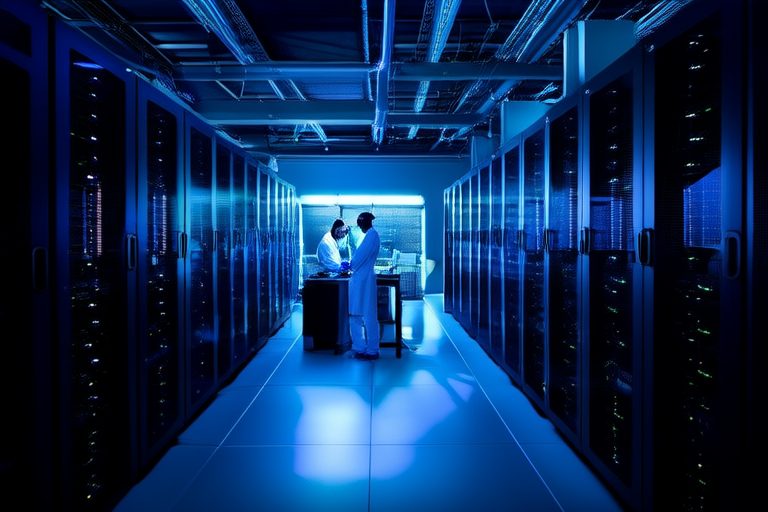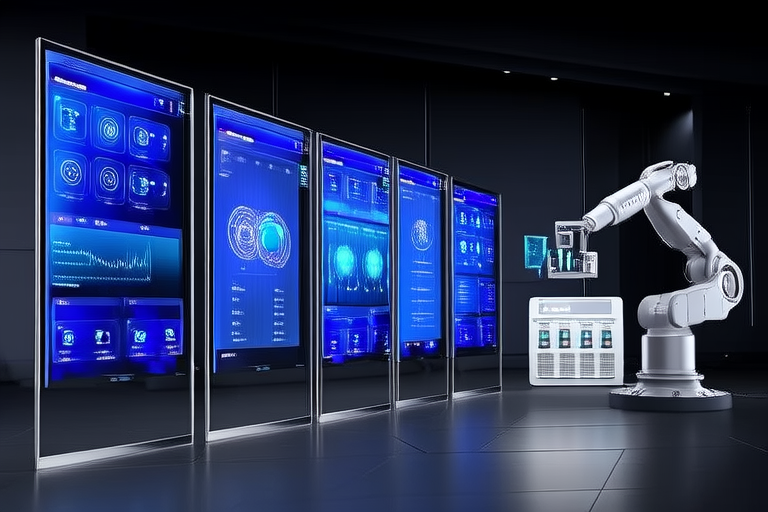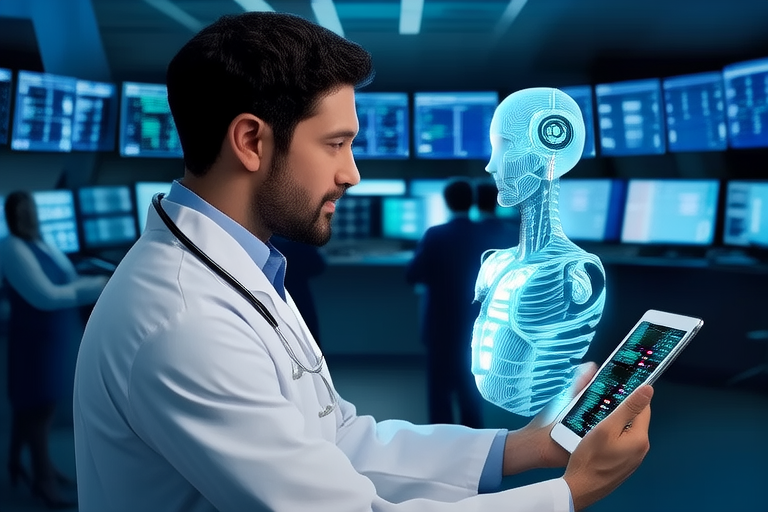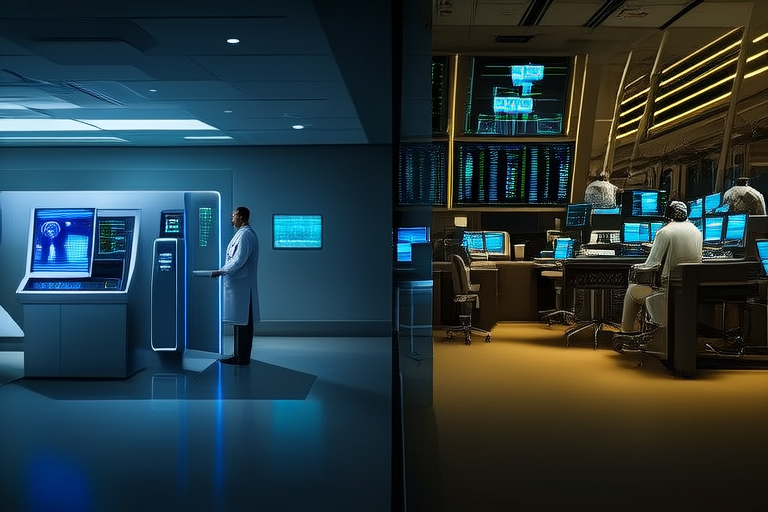“`html
Unleashing Potential: How AI is Reshaping Various Industries
Artificial Intelligence (AI) is no longer a futuristic concept; it has become an integral part of our daily lives, driving innovation and efficiency across numerous industries. From healthcare to education, AI is transforming traditional practices and opening up new possibilities. This article explores the profound impact of AI on various sectors, highlighting specific examples and insights that underscore its transformative power.
Introduction
The rapid advancement of AI technology has ushered in a new era of possibilities. By leveraging machine learning, natural language processing, and other AI techniques, businesses and organizations can now solve complex problems, optimize operations, and enhance decision-making. As AI continues to evolve, its potential to reshape industries is immense, promising greater productivity, improved outcomes, and increased competitiveness.
Healthcare
In the healthcare sector, AI is revolutionizing patient care through personalized medicine, predictive analytics, and robotic surgery. For instance, AI-powered diagnostic tools can analyze medical images with unprecedented accuracy, enabling early detection of diseases like cancer. Telemedicine platforms, enhanced by AI, allow remote consultations, ensuring timely access to medical expertise. Additionally, AI-driven algorithms assist in drug discovery, streamlining the development process and accelerating the delivery of life-saving treatments.
Finance
The finance industry is witnessing significant changes thanks to AI. Algorithmic trading, which relies on AI models to execute trades at optimal times, has become a cornerstone of modern financial markets. AI also plays a crucial role in fraud detection, identifying suspicious activities in real-time and minimizing financial losses. Customer service chatbots powered by AI provide instant support, enhancing user experience while reducing operational costs. Financial institutions are increasingly leveraging AI for risk management and investment strategies, optimizing portfolios and mitigating risks.
Manufacturing
AI is transforming manufacturing by enhancing automation, predictive maintenance, and supply chain optimization. Companies are using AI to streamline production lines, reducing manual intervention and increasing output. Predictive maintenance systems analyze equipment data to anticipate failures, minimizing downtime and extending asset lifespans. Supply chain management benefits from AI-driven analytics, optimizing inventory levels and improving logistics efficiency. Real-world examples include automotive manufacturers who use AI to predict component wear and tech firms that leverage AI for just-in-time inventory replenishment.
Retail
AI is redefining the retail landscape through recommendation engines, inventory management, and virtual shopping assistants. E-commerce platforms utilize AI to personalize product suggestions, enhancing customer satisfaction and boosting sales. Inventory management systems powered by AI ensure stock levels are optimized, reducing waste and improving profitability. Virtual shopping assistants provide interactive experiences, guiding customers through their purchasing decisions. AI also plays a pivotal role in analyzing consumer behavior, enabling retailers to tailor marketing campaigns and promotions effectively.
Transportation
The transportation industry is embracing AI to enhance safety and efficiency. Autonomous vehicles, guided by advanced AI algorithms, promise to reduce accidents and improve travel times. Logistics optimization powered by AI ensures efficient routing and scheduling, minimizing fuel consumption and emissions. Traffic management systems use AI to monitor road conditions and adjust traffic signals dynamically, alleviating congestion. These advancements not only benefit individual commuters but also have broader implications for urban planning and environmental sustainability.
Education
AI is revolutionizing education through personalized learning, intelligent tutoring systems, and adaptive assessments. Educational platforms leverage AI to tailor learning experiences to individual students’ needs, fostering better understanding and retention. Intelligent tutoring systems provide real-time feedback and guidance, enhancing student engagement and performance. Adaptive assessments adjust difficulty based on student responses, ensuring accurate evaluation of knowledge and skills. Furthermore, AI automates administrative tasks, freeing educators to focus on teaching and mentoring.
Conclusion
As this article has demonstrated, AI is reshaping various industries, driving innovation and efficiency in ways previously unimaginable. From healthcare and finance to manufacturing and education, the transformative power of AI is undeniable. While the integration of AI presents challenges, such as ethical considerations and job displacement, the opportunities for growth and improvement are vast. As we continue to harness the potential of AI, it is essential to address these challenges thoughtfully, ensuring that its benefits are shared equitably across society.
“`




